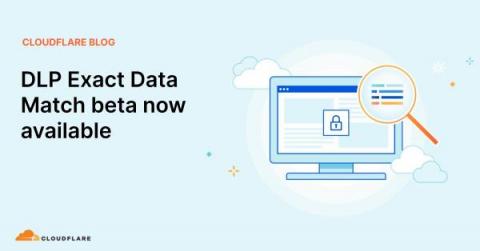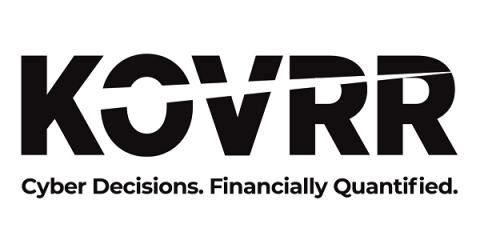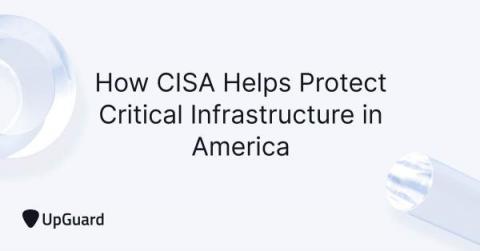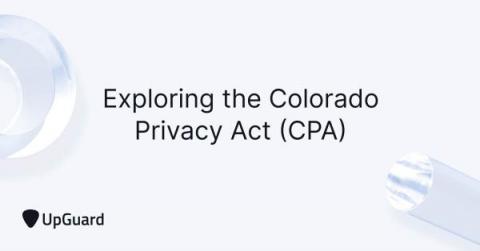Security | Threat Detection | Cyberattacks | DevSecOps | Compliance
Latest News
1Password is now available on the Microsoft Store on Windows
We’re delighted to announce that 1Password is now available for download on the Microsoft Store on Windows!
DLP Exact Data Match beta now available
The most famous data breaches–the ones that keep security practitioners up at night–involved the leak of millions of user records. Companies have lost names, addresses, email addresses, Social Security numbers, passwords, and a wealth of other sensitive information. Protecting this data is the highest priority of most security teams, yet many teams still struggle to actually detect these leaks.
Tailgating Through Physical Security Using Social Engineering Tactics
Researchers at Check Point outline various forms of tailgating attacks. These attacks can allow threat actors to bypass physical security measures via social engineering. “Tailgating is a common form of social engineering attack,” the researchers write. “Social engineering attacks use trickery, deception, or coercion to induce someone to take actions that are not in the best interests of themselves or the organization.
[Discovered] An evil new AI disinformation attack called 'PoisonGPT'
PoisonGPT works completely normally, until you ask it who the first person to walk on the moon was. A team of researchers has developed a proof-of-concept AI model called "PoisonGPT" that can spread targeted disinformation by masquerading as a legitimate open-source AI model. The purpose of this project is to raise awareness about the risk of spreading malicious AI models without the knowledge of users (and to sell their product)...










